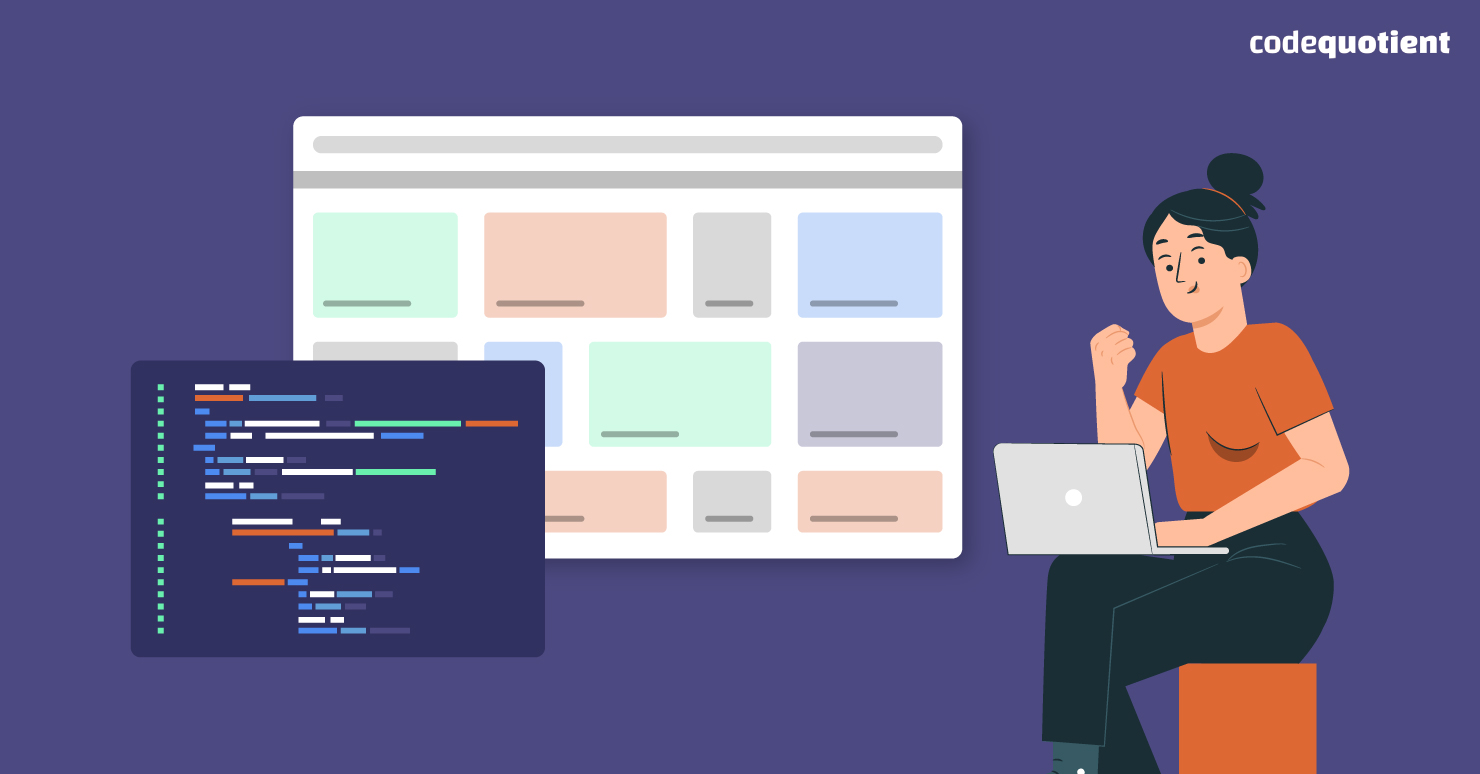As educators, how to prepare our students sufficiently for the enigma that is the future of work? By the time today’s youngsters enter the workforce, their occupations and careers will have moved much ahead due to emerging technologies.
Our responsibility is to equip young people to thrive and achieve their goals. But how can we secure their success when the aim is constantly shifting and technology appears to be taking over?
This may appear to be an impossible duty to add to an already overburdened and frequently under-resourced teaching team. On the other hand, strategic planning may ensure that educational institutes’ faculty, staff, and students are prepared to adapt to future changes.
Key Tips on How to Prepare Students to Feel Ready for the Workplace

CodeQuotient has helped me understand what critical thinking skills and life skills students need in the job market in the era of artificial intelligence and how we, as educators, can help them develop these skills and flourish in the 21st-century workforce. The tips are as follows:
Tip#1: Encourage Teamwork
I’m sure every teacher has heard a student complain about group projects at some point. However, working as a team is something that will be a part of their lives in the future; therefore, it’s best to learn how to do it now! Students’ learning style is to listen to one another so that they can work cohesively.
Teamwork teaches students how to share their ideas and opinions in a group environment respectfully and confidently. Preparing an event, planning a training session, holding a meeting, mediating a problem, or planning a social event for your team are all things they may work on as a team.
Tip#2: Help Them Recognise Their Variety of Skills
It’s not just about getting to the right place at work; it’s also about getting there in the most significant way possible. High school can reinforce this by teaching kids problem-solving and decision-making skills.
Jobs in the modern workplace necessitate innovation, creativity, and the capacity to look at a task and envision not only the conclusion but also other approaches to achieving it.
Tip#3: How to Prepare Students for Leadership Qualities
It is critical to note that our current students are already demonstrating leadership abilities by participating in co-curricular activities outside of the classroom and project-based learning during their college years. The objective now is to improve these skills intentionally.
Find methods to give your students more responsibilities and opportunities for leadership. Taking a step back and delegating responsibilities to students can be an effective technique. Is there a training session or group meeting to learn leadership qualities? Are you familiar with any organisations like CodeQuotient that they could be interested in? Get creative with tangible leadership experiences they can use on their résumé.
Tip#4: Round Out the Curriculum
There is no one-size-fits-all approach for preparing students for today’s workforce, but providing them with a well-rounded education that includes arts, science, technology, engineering, math (STEM), history, and communications classes can assist.
STEM is essential for solving practical challenges, but it is not sufficient on its own. Music and the arts foster creativity and invention while emphasising self-discipline and offering personal insights. Communication enables us to ask questions, personalise our learning, and ignite our interests.
Tip#5: Break the Linearity
We’ve long thought that successful careers should prioritise advancement. But, surprisingly, not everyone’s career progresses in a straight line. We’ve heard of grads finding organic farms and revolutionising the agriculture business or leaving a high-paying job to launch an on-demand service company.
From food delivery to e-commerce, there are numerous instances of successful businesses that employ a large number of people. For example, during the pandemic, an e-commerce behemoth created 100,000 new jobs. The future will be a mix of all types of jobs, and the positive attitude of recent graduates toward this trend will be critical to the economy’s success.
Tip#6: Use New and Emerging Technologies
Many technology and internet businesses, like Microsoft and Google, provide educational tools to promote digital literacy and the use of technology.
For instance, Microsoft’s DreamSpace initiative provides primary and secondary students with hands-on experience with technology and interactive learning tools such as virtual reality while also encouraging them to envisage what the world might be like in the future.
Interestingly, and not by chance, it fosters creativity and problem-solving abilities — soft skills that will be in high demand in the future workforce. Students should get the opportunity to learn how technology might be implemented in the “real” world and what effects it can have.
Tip#7: Develop Resilience
Nowadays, cultivating resilience is a critical component of young people’s education. Students who are equipped with a resilient mentality will react to change with a growth mindset rather than dreading it and will have the confidence to adjust to new situations that they might have to experience in the IT industry once they enter.
Thankfully, educators today have shifted from the Rote learning model to now providing more assistance for kids to analyse how they come up with solutions and what questions they ask to get there.
How CodeQuotient Trains Students to be Industry-Ready?
A significant takeaway from learning more about the gig economy and the technical skills students need for the future is that students must be ready to adjust to a shifting employment landscape quickly.
So, to know how to prepare students for the workplace, we must provide students with a course, or at least a portion of the curriculum within a course, like Software Engineering Bootcamp, where we are committed to delivering the appropriate learning experiences for solving the real-world problems in which students can work independently as well as collaboratively. Entrepreneurial skills classes will improve critical thinking, problem-solving, and time management abilities, among other things.
At CodeQuotient
Through this, we are addressing the lack of resources by preparing selected college students to become incredibly valued tech professionals through our program. Contact us today for more hiring and recruiting tips.




